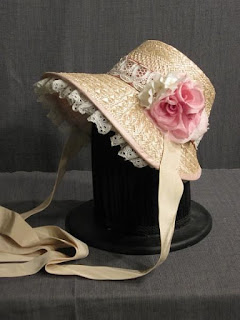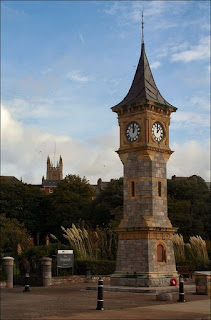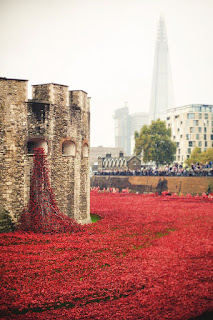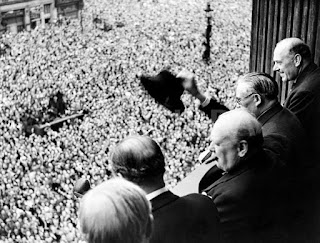Idiom "to have a bee in my bonnet"

If you have a bee in your bonnet about something, you are obsessed with it and can't stop thinking about it. This phrase is often used when you are worried or angry about something. The word 'bonnet' refers to a kind of hat that covers the ears and is tied under the chin, worn by babies or, especially in the past, by women.You are Preoccupied or obsessed with an idea. E.g: The council wants to close down our local library. I've got a bee in my bonnet about it! Mum's got such a bee in her bonnet about the wedding. I keep telling her that it will be fine, but she's very worried. This phrase clearly alludes to the state of agitation one would be in when finding a bee inside one's bonnet. It follows on from the earlier expression 'to have bees in one's head', which had much the same meaning. This is recorded from the 16th century, for example, in Alexander Douglas's Aeneis, 1513: Quhat bern be thou in bed with heid full of beis? Bee-keep...









